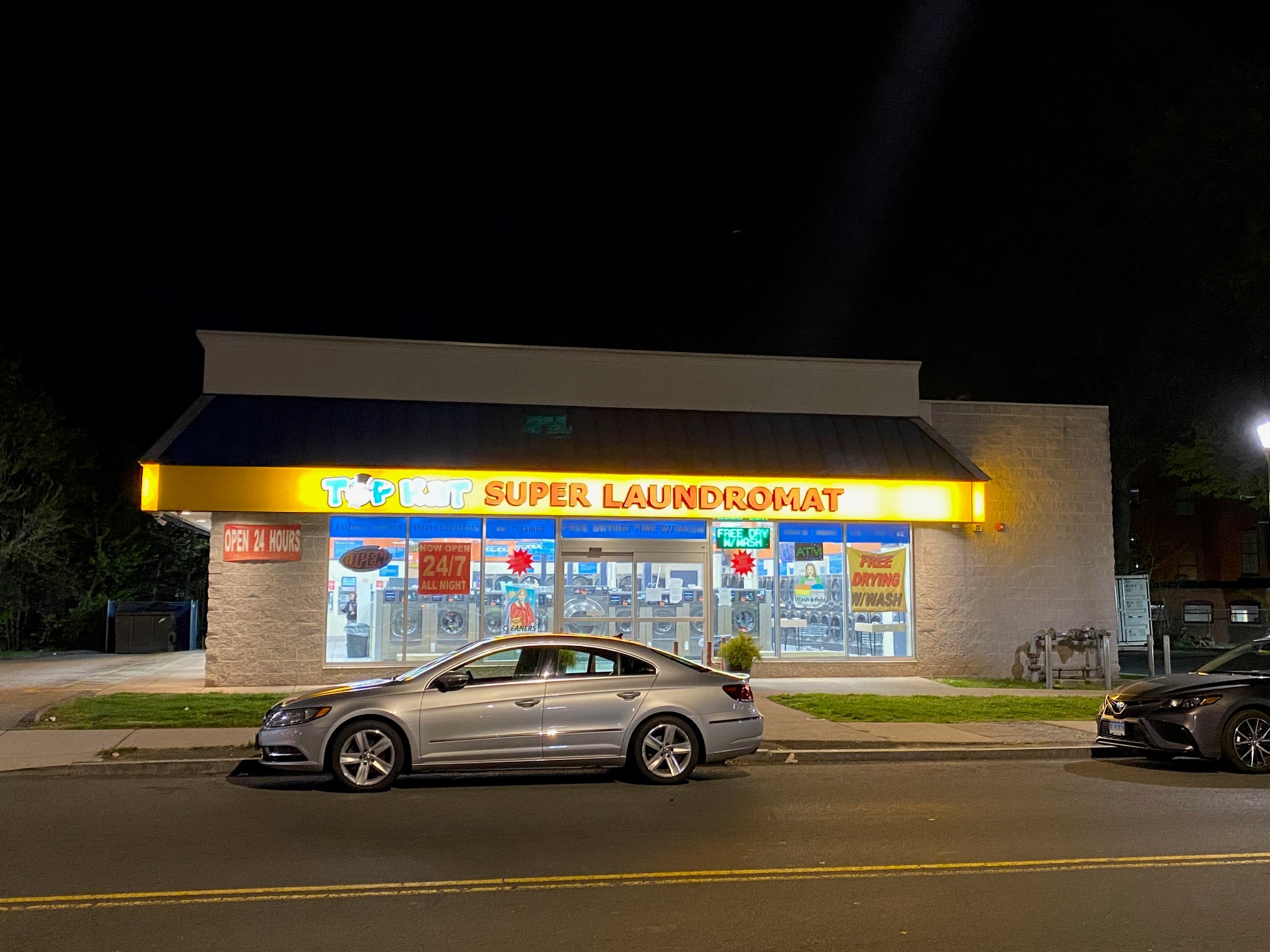A former Mormon bishop has been indicted on charges in connection with an alleged Ponzi scheme and pleaded not guilty on Thursday.
Julius C. Blackwelder, 59, of Utah, was the Bishop of the Bridgeport Ward of the Church of Jesus Christ of Latter-day Saints in Trumbull and is accused of defrauding fellow members and others of more than $400,000.
On Tuesday, a federal grand jury in Bridgeport returned an indictment with nine counts of money laundering and mail and wire fraud in connection with the case, according to David Fein, United States Attorney for the District of Connecticut.
He was released on $500,000 bond and signed the bond with his two sons, neither of whom live in Connecticut.
According to the U.S. Attorney’s office, the Blackwelder began in 2005 to persuade people, including members of his church, to invest money in the “Friend’s Investment Group.”
Blackwelder told investors that he was an experienced and successful commodities investor and would invest their money in safe, long-term commodities futures contracts, according to the U.S. Attorney, then used the money to repaying earlier investors and for personal expenses, including building a waterfront home in Stratford and repaying personal bank loans.
Blackwelder's attorney had no comment outside of court.
Local
"The Church of Jesus Christ of Latter-day Saints encourages its members to be honest in their dealings and conduct themselves with integrity. When someone preys upon the members of a congregation or community in order to get personal gain, it is a reprehensible betrayal of confidence, and its perpetrators are rightfully subject to criminal prosecution," the Church of Jesus Christ of Latter-day Saints New Haven, Connecticut Stake, said in a statement released on Thursday.
The U.S. Postal Inspection Service, the Special Inspector General for the Troubled Asset Relief Program, the Internal Revenue Service – Criminal Investigation and the State of Connecticut Department of Banking are investigating.
In June 2011, the state issued a cease and desist order for Blackwelder, claiming that he sold several unregistered promissory notes beginning in 2001.
Blackwelder is due back in court on May 8 for jury selection.
A conviction could result in a sentence of a 190-year prison sentence and a fine of at least $2.5 million.



